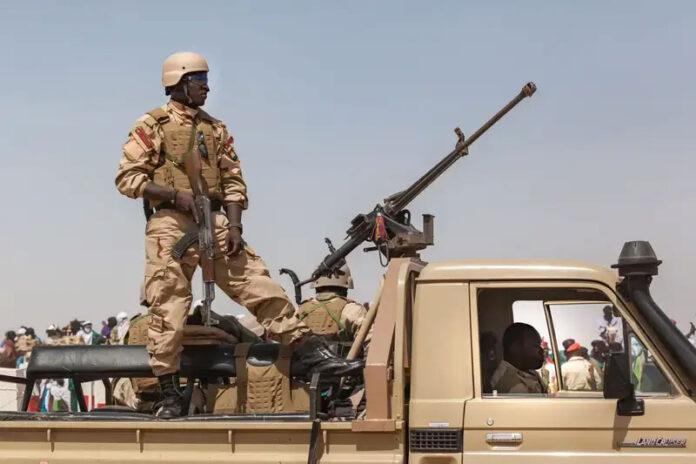On Sunday, September 10, a drone strike occurred in an open market located in Khartoum, Sudan. The attack led to 43 deaths and injuries to over 55 individuals.
The injured were taken to Bashair University Hospital for medical attention. Video records provided by the Resistance Committees, a group engaged in relief activities, highlighted the scene at the hospital, showing the victims.
Tensions in Sudan have been mounting since mid-April, predominantly between the national military headed by General Abdel Fattah Burhan, and the Rapid Support Forces (RSF) under General Mohamed Hamdan Dagalo’s command. The recent drone attack was attributed to the military’s air force by the RSF, an allegation the military denies, emphasizing no intent to harm civilians.
The Greater Khartoum area has witnessed regular episodes of shelling and airstrikes by both conflicting parties. Beyond this, civilian properties have been appropriated by the RSF for their operations, leading the military to bomb these locations.
In the western Darfur region, the RSF and their Arab allies have targeted ethnic African communities, sparking ethnic tensions. This situation has been confirmed by multiple rights groups and the United Nations. Additionally, the capital of North Darfur, Al-Fasher, experienced hostilities following an RSF attack on a military base.
Clementine Nkweta-Salami, the United Nations’ Humanitarian coordinator for Sudan, has publicly appealed to both factions to stop their violent actions to facilitate the uninterrupted delivery of crucial humanitarian supplies.
As per United Nations data from August, the conflict’s death toll surpasses 4,000, though experts argue that the real figure might be higher. Current numbers indicate that about 7.1 million people have been displaced within Sudan, while 1.1 million have sought sanctuary in neighboring countries.
Notably, Chad has become a haven for around 465,000 refugees, predominantly from West Darfur, owing to severe regional conflicts.

